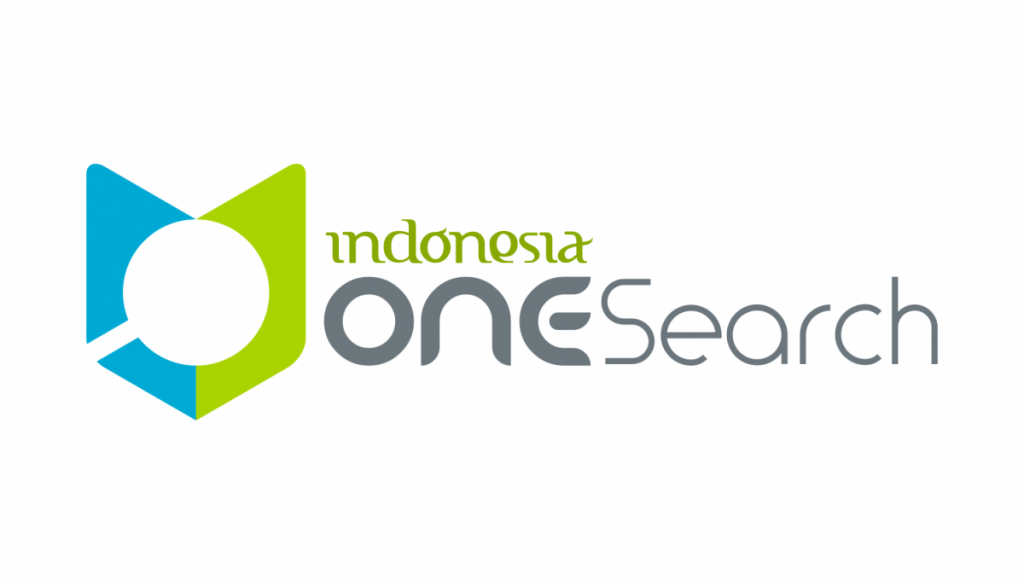Pengemasan Produk Olahan Ikan Julung-julung (Hemiramphus sp) untuk Peningkatan Ekonomi Kelompok Nelayan di Kampung Palareng
 Abstrak views: 250
,
Abstrak views: 250
,
 PDF (English) downloads: 338
PDF (English) downloads: 338
Abstrak
The smoked halfbeak or better known as Roa fish is the raw material for making Sambal Roa, namely souvenirs typical of North Sulawesi. Palareng Village, South Central Tabukan Subdistrict, Sangihe Islands Regency is one of the villages that produce the halfbeak. The Partner Group is an economically productive partner group, which has a business in catching, processing, and selling Roa fish. The selling price of halfbeak sold raw is on average, Rp. 1000, - / 4 tails, meaning Rp. 250, - / head. The selling price of smoked halfbeak or Roa fish is Rp. 750, - / head. Meanwhile, the price of packaged halfbeak is usually Rp. 1000, - / fish. Partner problems in developing their business are the production aspect where there are limited tools for packaging, the marketing aspect in that there is no wider marketing step, and the management aspect where there is no product management team in the partner group. The purpose of this PKM activity is to empower fishery resources, especially halfbeak (Hemiramphus sp), empower fishermen's groups in Palareng Village, produce fishery processing product permits (P-IRT: Home Industry Products) by the Sangihe Islands District Health Office, and increase the economic income of fishing groups in Palareng Village. The methods of implementing PKM are surveys, fish processing counselling, packaging of processed products, P-IRT (Home Industry Products) management and marketing management. Procurement of packaging facilities in the form of a vacuum sealer, helps the community in Palareng Village, especially the halfbeak processing group in marketing processed fish products that are more effective and efficient and increase income. The amount of partner income in selling packaged halfbeaks can reach IDR 1,000,000 - IDR 2,000,000 per trip. Increase in fishermen's income by 25%.
Copyright Notice
Authors who publish with this journal agree to the following terms:
- Authors retain copyright and grant the journal right of first publication with the work simultaneously licensed under a Creative Commons Attribution License that allows others to share the work with an acknowledgement of the work's authorship and initial publication in this journal.
- Authors are able to enter into separate, additional contractual arrangements for the non-exclusive distribution of the journal's published version of the work (e.g., post it to an institutional repository or publish it in a book), with an acknowledgement of its initial publication in this journal.
- Authors are permitted and encouraged to post their work online (e.g., in institutional repositories or on their website) prior to and during the submission process, as it can lead to productive exchanges, as well as earlier and greater citation of published work (See The Effect of Open Access).

















